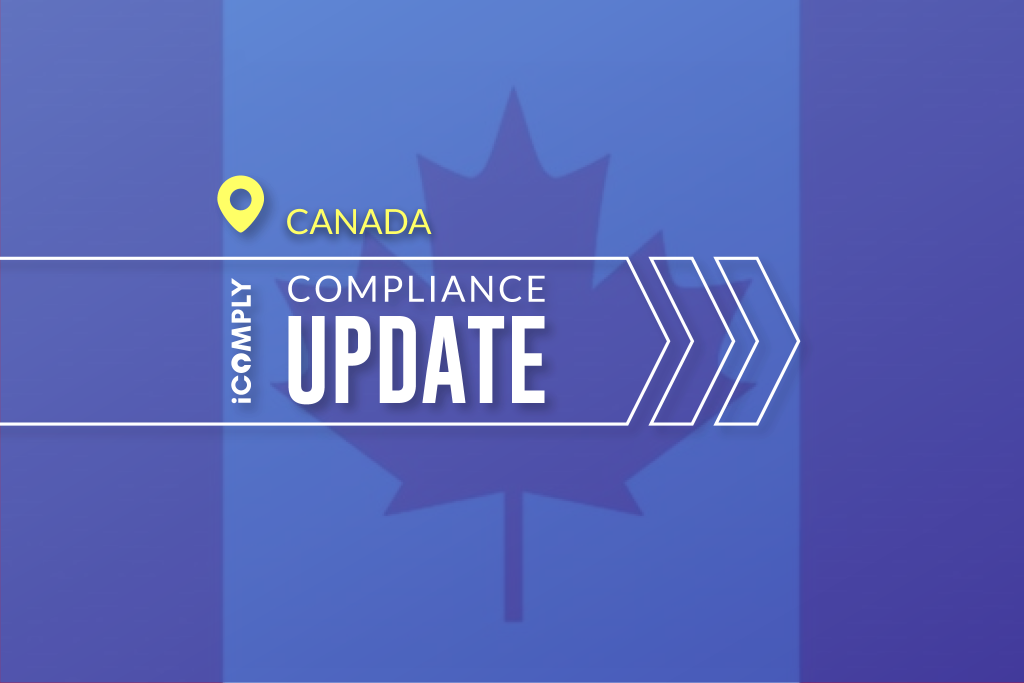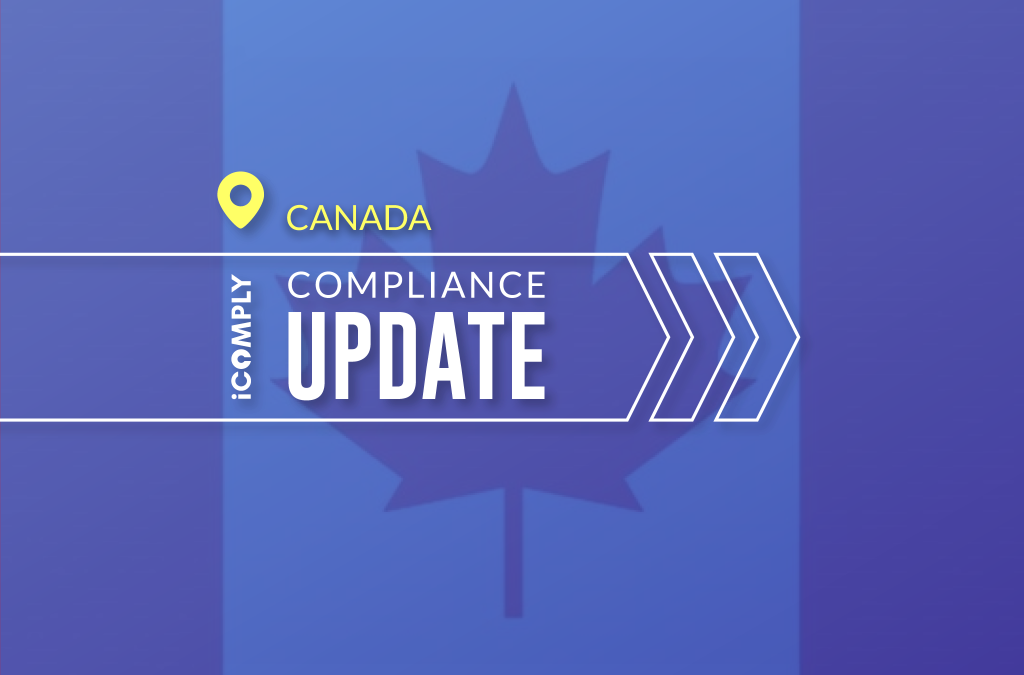Coinsquare Charged with Violating Securities Laws

Market manipulation among the charges presented by Ontario Securities Commission (OSC)
What happened?
July 14, 2020: The Ontario Securities Commission (OSC) charged Toronto-based crypto asset trading platform Coinsquare with violating Ontario securities laws, including engaging in market manipulation and misleading its clients about trading volumes.
Between July 2018 and December 2019, Coinsquare allegedly inflated its trading volumes by reporting fake or “wash” trades that represented over 90% of its trading volume. In addition, Coinsquare fired an employee who repeatedly raised concerns about the inflated trading volumes to Coinsquare’s senior management team.
Source: https://www.osc.gov.on.ca/documents/en/Proceedings-SOA/soa_20200716_coinsquare.pdf
Who is impacted?
Coinsquare management, business associates, investors, and other virtual asset service providers doing business with Coinsquare.
Why this matter?
Coinsquare and previous fraudulent virtual asset service providers such as Quadriga, Einstein, and Mount Cox continue to struggle with creating a viable and compliant business model in Canada
Internationally, companies that enter into or are considering a business relationship with Coinsquare will need to assess their anti-money laundering risk in light of this statement.
What’s next?
According to the OSC, one of Coinsqaure’s biggest failure was the decision by both management and directors not to ensure the company had strong governance and compliance in place. Coinsquare, and those doing business with the company, can expect additional scrutiny from both regulators and the market. In the meantime, Wealthsimple, an existing OSC regulated fintech, has recently entered the Canadian virtual asset market.
learn more
Is your AML compliance too expensive, time-consuming, or ineffective?
iComply enables financial services providers to reduce costs, risk, and complexity and improve staff capacity, effectiveness, and customer experience.
Request a demo today.
KYC for Gaming and Gambling: Ensuring compliance and preventing fraud in the gaming industry.
The gaming and gambling industry faces unique challenges in ensuring compliance and preventing fraud. Know Your Customer (KYC) processes are essential in this sector to verify the identities of players, detect fraudulent...
KYC for Insurance: How Insurance Companies Use KYC to Verify Policyholders
Insurance companies handle significant financial transactions and sensitive personal information, making robust Know Your Customer (KYC) processes crucial. Effective KYC practices help verify the identities of policyholders,...
KYC for Banking: Specific KYC requirements and practices in the banking sector.
The banking sector is at the forefront of KYC compliance due to the high risk of money laundering and financial fraud. Effective KYC practices in banking are essential for ensuring compliance, protecting the institution, and...




